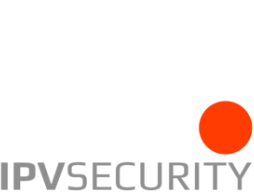The tremendous development in recent years at the IT world, both in extent and complexity, left its marks at the organizational approach to information security.
However, many times, even in companies that established security controls systems, these were usually implemented as specific solutions, and thus tended to be decentralized and uncoordinated. Moreover, other information assets, not necessarily belong to the IT world, such as paperwork or intellectual property, alongside with the business continuity plan (BCP) and physical security, were managed separately and in less thorough manner.
This was the background to the formation of international information security standard ISO 27001 at 2005. This standard designed to be an overall framework for the organizational information security management. At the standard core, establishment of independent enterprise Information Security Management System (ISMS), that can be evaluate and certified. For the establishment of this system, the standard includes 15 different security parameters, among them: security policy, assets management, human resources security, access control and more.
The standard covers all types of existing organizations (commercial companies, government agencies and non-profit organizations) at all sizes (from SMBs to giant conglomerates). Standard's certification proves to customers, suppliers and stakeholders the organization's deep commitment to information security. Moreover, it has several important added values:
- Creating business advantage in light of opportunities that require external information security certification
- Detailed mapping of organizational critical information assets and characterizing their importance level based on the CIA (Confidentiality , Integrity , Availability) model
- Creating an inherent, built-in and organized mechanism for information security management, and especially for the routine and daily conduct of the organization while maintaining the confidentiality of critical information, availability of information and computer systems and ensuring the integrity and correctness of information
- Reducing exposure to risks, that reproduce at exponential rate- reputation damage, legal exposures and financial implications
- Creating a practical mechanism for proper planning of information security budgets and prioritization of resources allocation for information security
IPV Security has a team of experts with extensive and vast experience in ISO 27001 certification, which is in continuous contact with representatives of the regulatory organizations and the leading global information security firms. The result - Adaptation of the information security risk management system to the organization's needs (standards, regulatory) in an efficient, yet focused process on the one hand, transparent and applicable at all levels of the organization, from management to the level of the employee, on the other hand.
This unique experience allows, within a few weeks, to build a management system that includes information security policy and procedures in order to deal with the threat origins (internal, external, partners, etc.) which vary and increase frequently.

